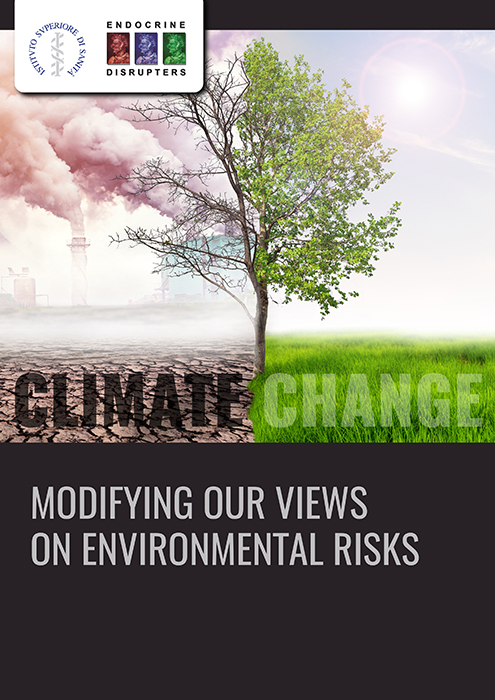Alberto Mantovani and Francesca Baldi – Istituto Superiore di Sanità in Rome, Italy, explain to us how the global issue of climate change is modifying our views on risks to the environment with comment on the main effects of chlorinated pesticides
When it comes to the world facing climate change, the authors underline that less recognised effects include the formation of micro-plastic pollutants and increased toxicity of contaminants, such as pesticides and polycyclic aromatic hydrocarbons, for instance.
Chlorinated pesticides, we find out, include dieldrin, endosulfan, hexachlorobenzene, lindane and hexachlorocycloexanes and more. As a result of their lipophylicity, measuring such chemicals in adipose tissues and eggs of animals, “can indicate anthropogenic influences in remote ecosystems,” for example, in the Arctic, the authors explain.
As melting increases under climate warming, it is now likely that the release of trapped chemicals may increase, following a seasonal pattern, with possible pulses. Also, warming and continued decline in sea ice are could result in food web structure shifts, which will modulate the deposition of pollutants in seafood, primarily large fatty fishes but also in sediment-dwelling organisms like shellfish.
In a bonus piece of content, Luca Jahier, President of the European Economic and Social Committee, argues that climate doesn’t wait but more ambition and accelerated action on it is needed in Europe. He draws our attention to July 2019, when much of the planet sweltered in an unprecedented heatwave, which he argues is a clear wake-up call. Developing this point further, the authors add that, “parts of the earth might soon be too hot to live in, more people are getting killed in floods, forest fires and heatwaves every year, putting humankind’s very survival at risk.”
To conclude, the authors underscore that global action to fight emissions that increase climate change must go on, for example, targeted monitoring of the most vulnerable food chain to prevent health risks. They also say that when it comes to the most prevalent chlorinated pesticides, it might be useful to investigate them in-depth and call for action on risk mitigation levels. I hope you enjoy the many insights that can be found here.


